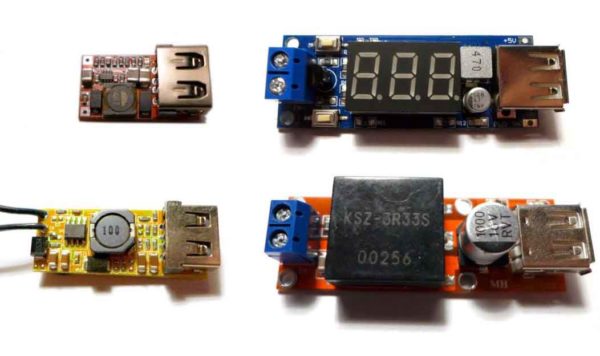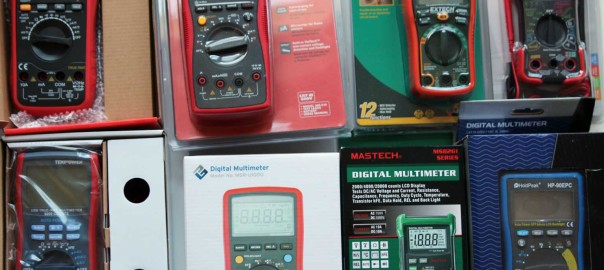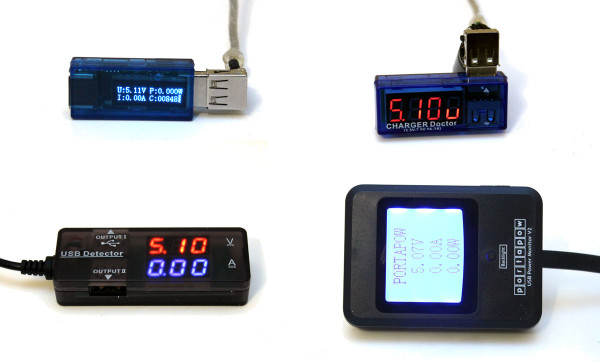With the current DIY/Maker movement in full swing, one thing that almost all of us need is a good Multi-meter. When shopping for one, it was decided right away that a good entry-level multimeter for beginners had to be:
- Digital
- Auto-ranging
- under $50
Why these 3 criteria?
Digital for high precision, Auto-ranging to eliminate the need to switch the dial every time something changed, and $50 maximum to keep this within the budget of most DIY’ers/Makers like you and me. (As an aside, the requirement for an Auto-ranging feature also makes the minimum around $20.)

After perusing Amazon, it was discovered that 8 models fit this criteria. The biggest problem was that all 8 of them reviewed really well typically averaging between 4.4 and 4.7 stars.
The customer reviews were okay for getting a feel of each model, but they were so inconsistent that there was no way to compare and contrast one model with the next. So one of each was purchased and immediately we began the going over of the models while poking and prodding each one.



